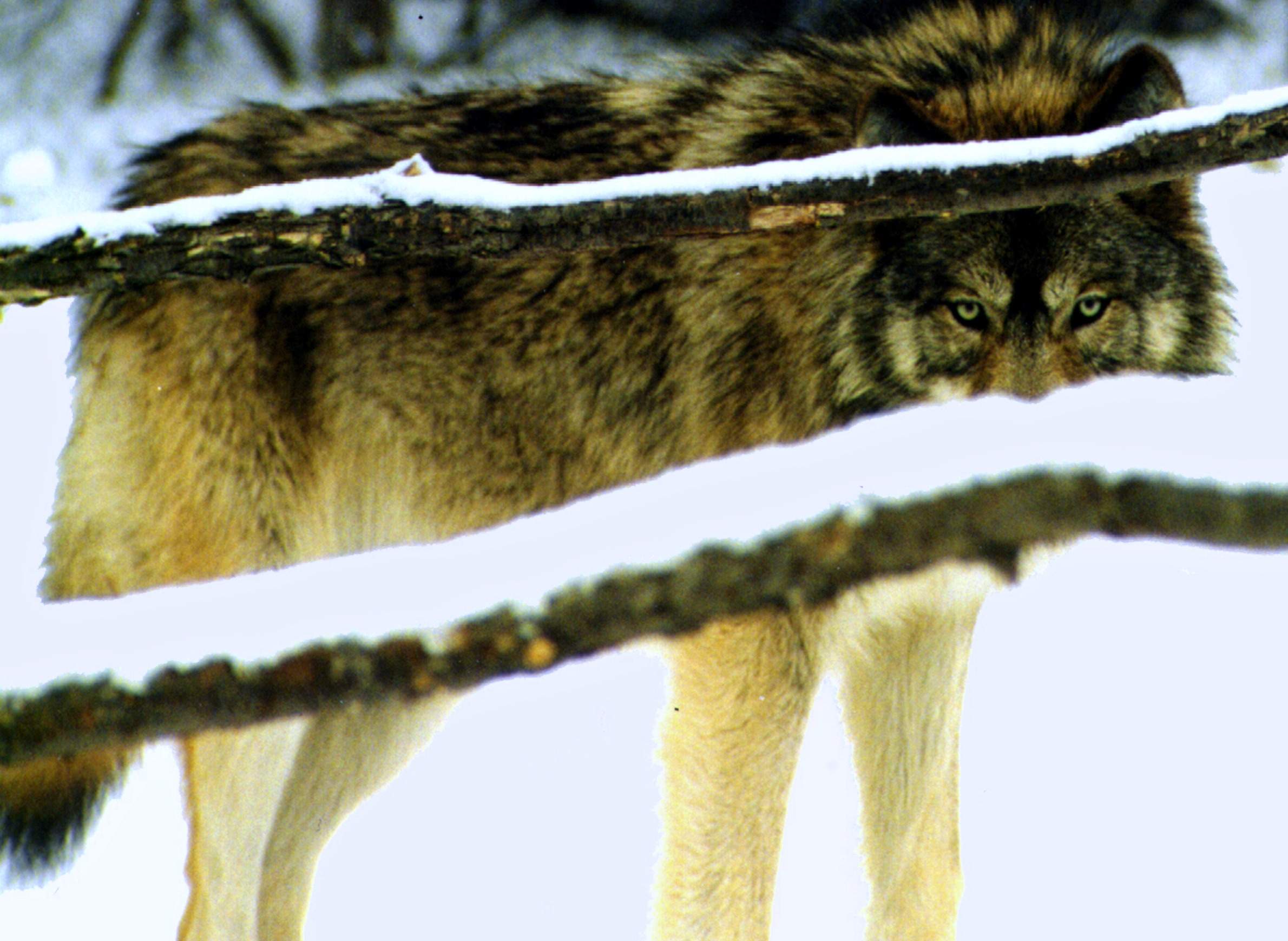
UW Study: DNR Underreported Wolf Poaching

A new study suggests the Wisconsin Department of Natural Resources has been underestimating the number of wolves killed illegally for years.
University of Wisconsin-Madison researchers reinvestigated the causes of death, as reported by the DNR, of nearly 1,000 wolves between 1979 and 2012.
The study, published in the scientific Journal of Mammalogy, suggests that the most common cause of death was poaching and that the DNR systematically under-reported illegal killings. For example, the researchers studied x-rays of wolves the DNR reported as killed by cars and found that 37 percent were embedded with metal fragments consistent with gunshot wounds.
"There were scientific errors that were not random errors but scientific errors in a systematic direction," said UW-Madison Professor Adrian Treves, who led the study. "They were almost always in a direction of underestimating poaching."
Another finding of the study suggests that wolves without government radio collars were at a much greater risk of being killed illegally during the 33 year period.
Treves said he would like to see the DNR re-examine its methods for determining causes of wolf mortality because illegal poaching is a threat not only to wolves but to management efforts by the DNR and tribal governments.
"Moving forward we suggest some improvements such as doing these post-mortems on a random sample of the wolves and also careful study of the non-radio collared wolves because we found big discrepancies between the risk and rates of death of the non-radio collared wolves compared to the radio-collared ones," said Treves.
A statement from DNR communications director Jim Dick said their goal when collecting data on dead wolves isn't to find cause of death but to "determine population and such things as pack territories. Wolf mortality numbers are based on actual dead animals detected."
The statement also claims that the DNR "did not commission, fund or participate" in the study. Treves disagrees, saying funding did come from the agency and the U.S. Fish and Wildlife Service. The study acknowledges two grants received from the Fish and Wildlife Service and DNR.
Wisconsin Public Radio, © Copyright 2023, Board of Regents of the University of Wisconsin System and Wisconsin Educational Communications Board.


